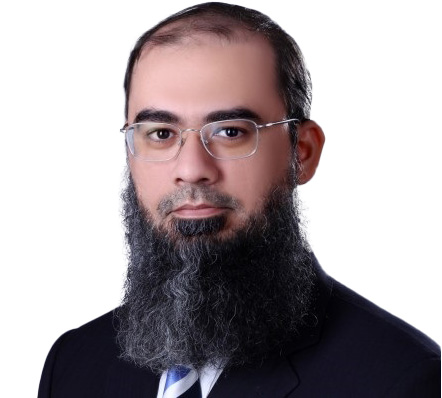Standard Chartered signed a Non-Honouring of Sovereign Financial Obligation (NHSFO) agreement with ICIEC to fund a EUR103 million solar electrification project through the installation of 50,000 off-grid solar-powered streetlamps in rural areas across Senegal. Furthermore, Standard Chartered is also cooperating with ICIEC and Agrobank of Uzbekistan to bolster economic development in the central Asian country through Islamic financing products. This is expected to yield EUR150 million in support of SMEs in Uzbekistan. Can you expand on the rationale for this cooperation? How important is ESG, sustainability, energy transition and SME funding in your project pipelines and portfolios?

We have a longstanding relationship of working with ICIEC in transactions which have supported key priority sectors of Member States across Africa. Supporting ESG, sustainability, energy transition and SMEs is a key priority for Standard Chartered. Our rationale for supporting these transactions is our commitment to these markets, the developmental benefits of the transactions and our relationship with both the borrowers and ICIEC.
The Senegal transaction is a highly development project resulting in the electrification of remote villages where it is challenging to achieve electrification via traditional transmission lines. This project will directly facilitate increased economic activity and development in these regions. In addition, the social benefits will include improved quality of life and reduced crime. In relation to Agrobank of Uzbekistan the proceeds will be used for funding SMEs which will also have major development impact through supporting SMEs to expand, increasing employment and economic activity across the country.
We believe ICIEC is an ideal partner for cooperation in these transactions given its commitment to support such sustainable and developmental projects. In addition, ICIEC has a flexible approach and willingness to execute these transactions in a tight timeline. We would like to thank ICIEC for their cooperation which has contributed to the successful financial close of many such projects.
As ICIEC celebrates its 30th anniversary in 2024, its role as the only Shariah-based multilateral export credit and investment insurance provider continues to be crucial given that it has facilitated over USD108 billion in trade and investments, promoting growth, and development in its member states since its inception. The challenge is to upscale ICIEC’s operations and also to enhance the culture of credit and investment insurance in OIC member states. From the vista of a major international bank, with a history of involvement in the Islamic finance industry, how could this be achieved, especially in an era of rising uncertainties and geopolitical challenges?
We believe that there is a lot of opportunity for further collaboration with ICIEC to financing sustainable projects in member states. We see great potential across our footprint markets in Africa, Asia and the Middle East, which includes many ICIEC member states. Whilst most of our recent successes have been in Africa and most recently in Uzbekistan with the MoU signing, we are exploring further opportunities in many of the ICIEC member states including Türkiye, Pakistan, Malaysia, and Indonesia. In addition to supporting member states directly on sovereign financing, ICIEC is supporting on lending transactions to development banks in member states which has benefits beyond these countries.
“Supporting ESG, sustainability, energy transition and SMEs is a key priority for Standard Chartered. Our rationale for supporting these transactions is our commitment to these markets, the developmental benefits of the transactions and our relationship with both the borrowers and ICIEC.”


